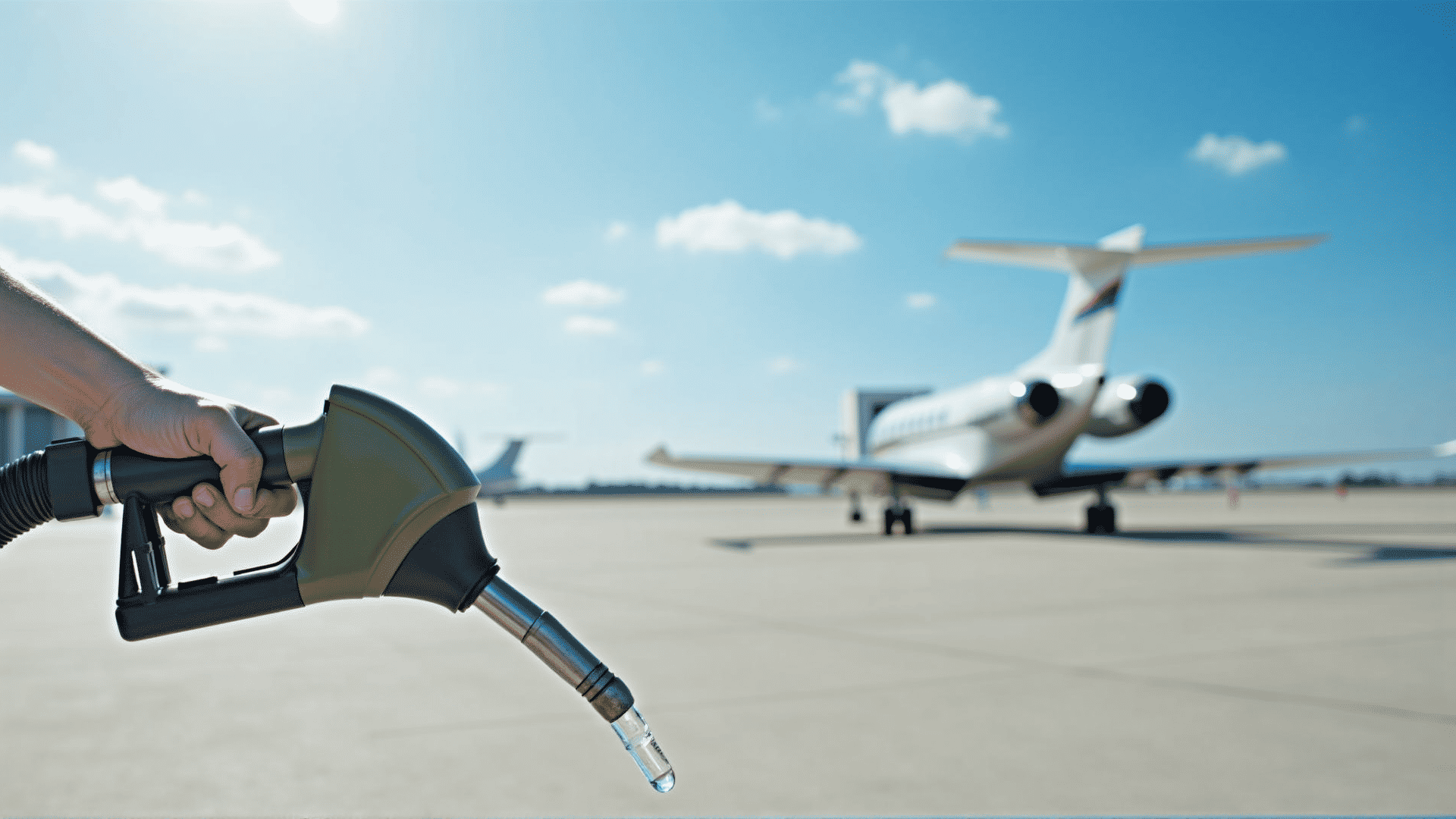As the aviation industry grapples with the growing imperative to reduce its carbon footprint, innovative sustainable fuels emerge as a promising solution for eco-friendly and efficient air travel. These fuels, derived from renewable resources, offer a significant reduction in greenhouse gas emissions compared to conventional fossil fuels.
One of the standout options is biofuel, produced from organic materials such as plant oils, agricultural residues, and even algae. Biofuels have the advantage of being compatible with existing aircraft engines, making them a viable alternative without necessitating expensive modifications to aircraft design. Airlines have already begun incorporating biofuels on select flights, demonstrating their potential to reduce carbon emissions significantly.
Another promising option is synthetic fuel, also known as power-to-liquid, which is produced by converting carbon dioxide and water into hydrocarbons using renewable energy. This process effectively recycles CO2 emissions, turning them into a resource rather than a liability. The development of synthetic fuel is still in its infancy, but it holds the promise of creating a closed carbon cycle, essential for long-term sustainability.
Hydrogen, a clean-burning fuel that emits only water vapor when combusted, is another exciting contender for sustainable aviation. The use of hydrogen in aviation is primarily being explored through fuel cells, which can power electric engines. While this technology requires extensive research and development to overcome challenges related to storage and energy density, its potential impact is transformative.
Policy frameworks and strategic partnerships play a crucial role in advancing these technologies. Governments worldwide are investing in research and infrastructure to facilitate the adoption of sustainable fuels in the aviation sector. Collaborations between airlines, fuel producers, and technology innovators are also key to accelerating the commercial viability of these fuels.
The transition to sustainable aviation is not without challenges. Production costs, supply chain logistics, and the scalability of new fuels remain significant hurdles. However, as technological advancements continue and economic incentives align with environmental goals, these obstacles are increasingly surmountable.
In summary, sustainable aviation fuels are at the forefront of revolutionizing air travel by reducing its environmental impact. As this sector evolves, it promises to bring about a future where flying contributes to a cleaner and greener world, ensuring that the benefits of air travel can be enjoyed by future generations without compromising the health of our planet.
